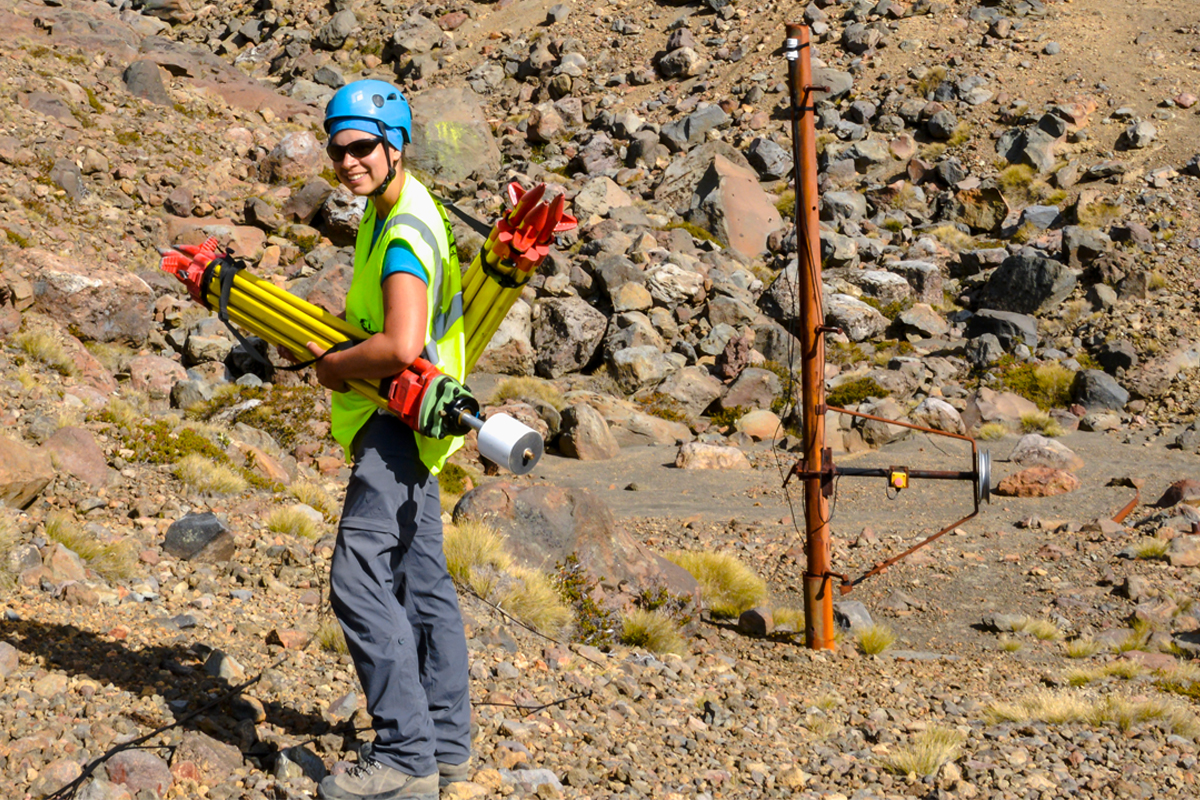All Categories
Featured
Table of Contents
Become An Earthquake Scientist in Doubleview Aus 2023
This work is increasingly contracted out, so consultancies provide another source of work. Consultancy firms differ in size, from extremely little business to big multinationals. Some consultancies are quite specialised in using specific geophysical methods or operating in specific areas, while others offer a more diverse range of services to their clients.
The extraction of gas from garbage dump websites is another location of employment and this may grow in the future. Expedition business might undertake work for construction companies, water business, mining companies and ecological companies, so geophysicists may be used in any of these settings. Other employers include: geological surveysgovernment bodies and agenciesuniversities and research institutes.


Vacancies might be listed in the oil and gas sector press. Recruitment is impacted by oil price changes and the level of competitors for positions differs depending on this. Careers Days, which cover the full variety of geoscience professions and are normally gone to by a number of key market companies, are run by The Geological Society.
Geophysical Survey Requirements In California Waters in Fremantle Oz 2023
A few of the big oil and gas business use a full two-year structured training program across the breadth of geophysics, consisting of the opportunity to experience operate in different groups prior to specialising in one area. Your training may consist of work on: existing wellsmagnetic and gravitational possible field data analysisresearchrock analysis. It's more typical for your preliminary training to be provided on the job.

There may be a probationary duration throughout which you work along with a knowledgeable associate. Competency-based appraisals happen frequently in many companies. In smaller companies, and for scholastic posts, there is unlikely to be any official training - you'll be expected to start work straightaway and get skills as you go along.
If you work for a smaller business, you may find that you need to take obligation for arranging and moneying your own development and training. If you have a geology degree, subscription of The Geological Society can be helpful for networking and for keeping up to date with the market.
Geophysical Survey - Salisbury Archaeology in Landsdale Australia 2020
You may also find it helpful to join the PESGB (The Petroleum Expedition Society of Great Britain, which has a geophysics unique interest group. After a probationary period, and when you have actually acquired some experience, you could progress to senior geophysicist, then group leader and then into a senior role in management.
The ease of movement between roles depends on the business structure. Research study at Masters or Ph, D level in a subject associated to geophysics or geosciences might aid with your career development and progression. The employment market within the oil and gas market is really depending on cost and this might affect your opportunities for profession development.
Not all jobs are reliant on the oil and gas industries. For knowledgeable geophysicists, freelance consultancy uses an excellent route for career development. You can likewise specialise in a particular area of geophysics. As a geophysicist, you're most likely to have numerous tasks throughout your working life. International movement is vital for dealing with peaks and troughs in different nations at different times.
Geophysical Surveys in Bedfordale Western Australia 2022
From geophysics, it's possible to focus on seismology (completing more training to become a seismic interpreter) or to move into related areas such as engineering geology or risk forecast.
Deciding what to study in college is a hard choice. Even if you know that your field of interest lies in science, what program of study is right for you? If you make the decision to significant in physical and biological sciences and pursue a profession as a geophysicist, you're preparing for an exciting and successful profession.
But the initial step to accomplishing your objective of becoming a geophysicist is making a degree. Even for entry-level positions in the field of geoscience, you'll require a bachelor's degree (a geophysicist college degree) from a recognized college or university. Some research positions need candidates to hold master's degrees and even Ph.
Geophysical Survey in Leederville Western Australia 2020
Doctoral degrees are particularly important if you plan to teach at a four-year organization. Geophysicists apply physics principles and strategies to study the gravitational, magnetic, and electrical fields of the earth. This advances researchers' understanding of both the planet's interior core and its surface. Geophysicists must be able to: analyze rocks, pictures, and other pieces of data carry out research study both in the field and in laboratories create maps and charts of their findings write reports To achieve all this, students need a specialized education for geophysicist professions.
As stated above, you'll need a bachelor's degree in geoscience or an associated discipline, such as a physical science or a natural science, to land an entry-level task. Trainees can also prepare by majoring in subjects like: Biology Chemistry Computer system science Engineering Mathematics Physics The above geophysicist majors use a more generalized approach to a single clinical discipline, however most programs need students to take one or more geology course.
Table of Contents
Latest Posts
What Are Geophysical Surveys & Why Do They Matter in Parkwood WA 2023
Geophysical Methods in Merriwa Western Australia 2021
Geophysicist: Job Description, Duties And Requirements in Western Australia 2022
More
Latest Posts
What Are Geophysical Surveys & Why Do They Matter in Parkwood WA 2023
Geophysical Methods in Merriwa Western Australia 2021
Geophysicist: Job Description, Duties And Requirements in Western Australia 2022